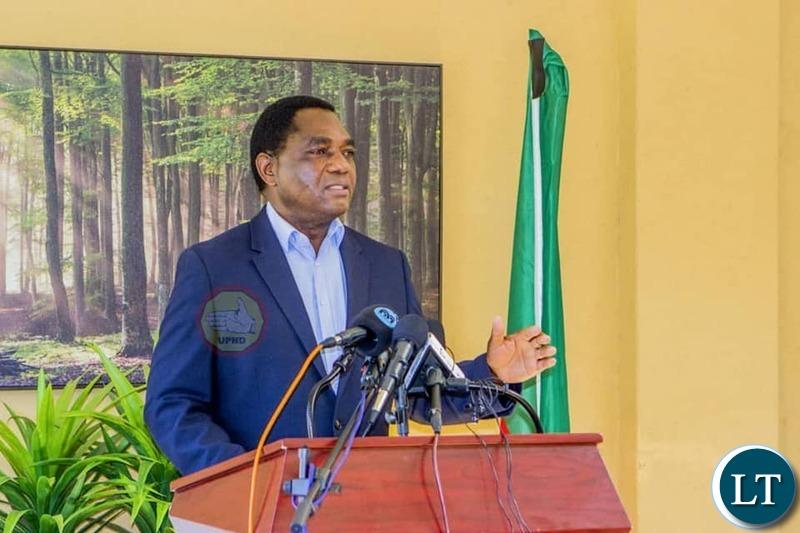Africa-Press – Zambia. We, just like many other citizens such as President Fred Membe of the Socialist Party are concerned with the continued practice of nepotism, cronyism and favoritism by several administrations in our country.
Nepotism, both in scientific literature and in public opinion, is understood as the abuse of person’s position, power or influence in order to confer a privilege on his/her relatives or tribesmen or regional affiliates.
Cronyism on the other hand means the patronage in a professional career that is based simply on close relationship (i.e. schoolmate or friend, common socialite or political ally and the like).
Favoritism is yet another distasteful conduct which describes patronage that is not based on professional or meritorious interest but on personal relationships or interests. In our country Zambia, we have no legal definition of these vices yet.
However, we all know that nepotism, cronyism and favoritism are negative phenomenon both morally and politically, especially when they manifest themselves in the public sector or the political life of our government as they undermine the principles of the legitimacy of any government and public representation.
They undermine democratic processes and our civil society by encouraging mistrust in public authorities, erodes the confidence of civil society in public institutions, weakens the foundations of state security and defense and reduces the resilience of the Zambian society to internal and external threats.
Studies in both our country and elsewhere also show that the risk of corruption is heightened which damages organizations and society at large, compromises democracy, the legal system and the security of our nation.
We teach our students at universities and colleges that when a person in power gives unfair advantage to people who do not have the requisite qualifications or professional responsibility, such a person in power is not only violating the law, but is also violating standards of professional ethics and causing conflict situations in our country.
We further teach our students that it is in the public interest that citizens employed in the public sector, act professionally and provide quality services that are equally accessible to all citizens so that all decisions are taken impartially and in good faith as required by the public interest.
Unfortunately, this has not been the case in our country since the introduction of the one party state constitution in 1973. All subsequent regimes have practiced nepotism, cronyism and favoritism.
President Kaunda tried to address it through the doctrine of “tribal balancing”. President Chiluba’s first term followed the UNIP doctrine but reverted to nepotism in his second term. President Mwanawasa perfected the system through the doctrine of the “family tree”.
President RB Banda continued with the Mwanawasa doctrine. President Sata advanced the system with naked nepotism via regionalism and President Lungu continued with the nepotism of his predecessor.
President Hichilema has simply reversed the obnoxious nepotism of the PF government by an act of retribution and activated a discriminatory doctrine of regionalism.
This has seen the continued Presidential appointment of cadres as District Commissioners instead of subjecting them to professional civil service conditions, the dismissal of Chief Executives and dissolution of Boards of public enterprises and their replacement with UPND members instead of subjecting them to the meritorious selection, the recall of PF appointed diplomats and the appointment of people from the former North Western Rhodesia to hold all senior positions in the Executive, Legislature, Judiciary, Defense and Security organs ad infinitum at the expense of those from the former North Eastern Rhodesia. In other words repeating a wrong that many of us hoped would be corrected by the educated people in the UPND such as Ambassador Sachika who has gone completely silent on this.
Most of us agree with the Socialist Party President Dr. Fred Membe that this conduct by the UPND administration does not advance our national unity and those in power must surely know this.
For More News And Analysis About Zambia Follow Africa-Press







